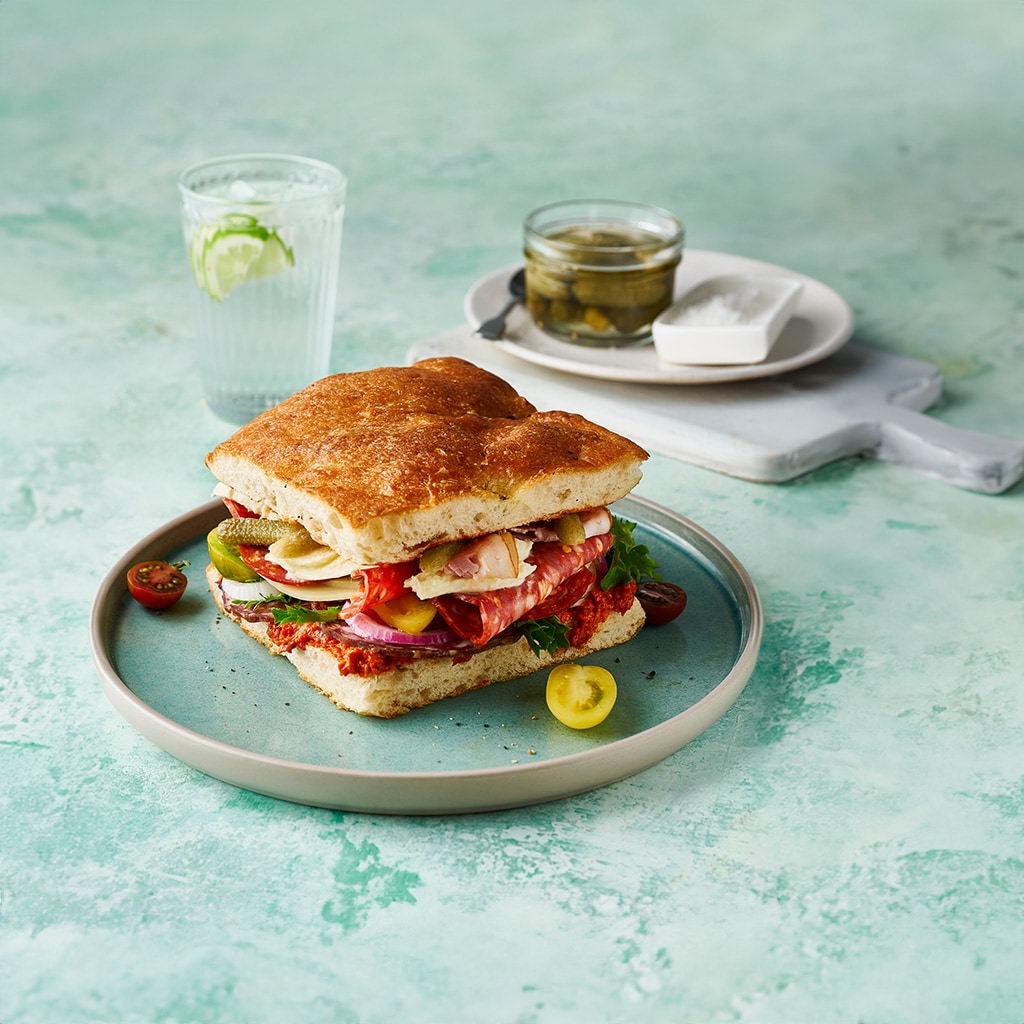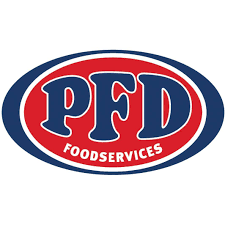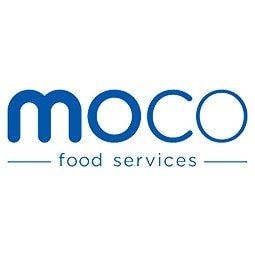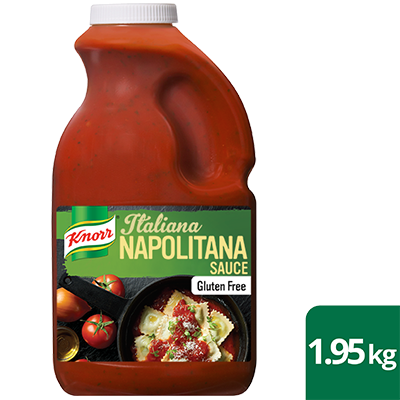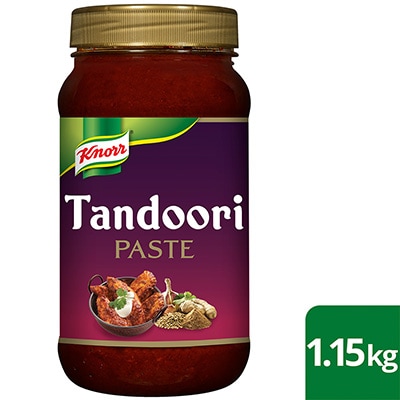Posted on Tuesday, 22nd April, 2025
This article is part of a series of articles to help aged care chefs understand the strengthened Aged Care Quality Standards.
The strengthened Aged Care Quality Standards are in effect from 1 November 2025. Standard 6: Food and Nutrition will set clear expectations for providing nutritious, enjoyable, and culturally appropriate meals that meet residents’ dietary needs and provide an enjoyable dining experience.
Standard 3: Care and Service directly impacts Standard 6 by shaping how meals are planned, personalised, and delivered to meet individual needs.
How Standard 3 affects aged care chefs
Standard 3 serves as the foundation for ensuring every residents’ care is person-centered, meaning meals must be tailored to their preferences, dietary needs, and health conditions as part of an overall care plan.
This involves:
Assessment and care planning
Dietitians, clinical staff, and families help assess dietary needs, allergies, texture-modified diets, and cultural or religious food preferences. Meal planning is then guided by these assessments.
Coordination and communication
Standard 3 allows critical information to flow between care teams. Kitchen staff can then work closely with nurses and carers to track weight loss, hydration needs, and any changes in dietary requirements.
Respecting choice and dignity of risk
If a resident prefers a particular food - even if it's not the healthiest choice - chefs should accommodate their request while balancing safety. For example, offering smaller portions of high-sugar items for diabetics.

How Standard 6 enhances Standard 3
While Standard 3 ensures residents' nutritional needs are assessed and incorporated into their care plans, Standard 6 ensures the practical execution of these plans through food services. Together, they create a holistic approach where care planning (Standard 3) translates into daily meal experiences (Standard 6).
Turning assessments into action
Standard 3 identifies dietary preferences, restrictions, and health conditions. Standard 6 ensures these findings are implemented in the kitchen, ensuring meals meet medical, cultural, and personal needs.
Enhancing resident wellbeing
Nutrition plays a direct role in maintaining health, preventing illness, and supporting recovery. By integrating Standard 6 with Standard 3, aged care chefs can actively contribute to improving residents' physical and emotional well-being.
Supporting mealtime enjoyment
Standard 6 encourages meal services to be socially engaging and culturally appropriate, complementing Standard 3’s goal of enhancing quality of life through personalised care. Creating familiar meals, themed dining experiences, and mealtime companionship aligns with both standards.
Continuous quality improvement
Standard 3 emphasises communication between care teams, and Standard 6 requires chefs to be active participants in ongoing meal assessment and improvements. Regular feedback loops ensure residents’ evolving preferences and nutritional needs are always met.

Practical tips for chefs
1. Engage with care staff:
Regularly review dietary plans and resident feedback.
2. Offer culturally diverse menus:
Work with residents and families to include culturally relevant meals, ensuring authenticity in preparation and ingredients.
3. Adapt for special needs groups:
Provide texture-modified meals, allergen-free options, and specific diets for conditions like dysphagia, diabetes, or celiac disease.
5. Create a positive dining atmosphere:
Ensure mealtimes are social, inclusive, and respectful of cultural traditions, such as communal dining or food presentation customs.
7. Incorporate resident feedback:
Actively seek input from residents and families to refine menus and ensure they reflect diverse tastes and traditions.
4. Honor religious and ethical diets:
Accommodate dietary requirements based on religious or ethical beliefs, such as Halal, Kosher, vegetarian, or vegan meals.
6. Ensure proper hydration:
Provide culturally appropriate drink options, such as herbal teas, broths, or preferred beverages for hydration.
8. Train kitchen staff on cultural and special dietary needs:
Conduct ongoing education on cultural food preferences, allergen safety, and specialised meal preparations.
By applying Standard 3 principles, chefs ensure that Standard 6 is not just met but exceeded - providing aged care residents with meals that nourish, satisfy, and bring joy.
Resources

Disclaimer: The content of this article is created for inspiration purposes only. It is not intended as clinical, medical or nutritional advice.


